Since the start of Russia’s full-scale invasion of Ukraine in 2022, a growing debate has emerged over the cultural and political legacy of Russian literature — particularly the global reverence for classic Russian authors, which critics argue has long served to promote the imperial narratives embedded in their work.
As Ukrainian author Oksana Zabuzhko wrote in the Times Literary Supplement in 2022, their works of literature are “the camouflage net” for Russian tanks in Ukraine.
Among the most famous classic Russian authors is 19th-century Russian author Fyodor Dostoevsky (1821–1881). More than a century after his death, Dostoevsky remains a dominant figure in the world literary canon, his name recognized even by those who have never read his work.
This April, Penguin Books reissued an English-language edition of his short story “The Dream of a Ridiculous Man,” while his novella “White Nights” continues to enjoy popularity among online literary communities.
Defenders of Dostoevsky maintain that his writing transcends politics, focusing on existential and psychological themes. They argue that interpreting his work through a nationalist or imperialist lens oversimplifies the complexity of his ideas.
But many scholars and commentators point to Dostoevsky’s spiritual vision of Russia’s destiny — a vision that portrays the country as a moral, unifying force against a “decaying” West that was, at the time, heading toward the Gilded Age. They draw parallels between this worldview and that of contemporary Russian ideologues like Alexander Dugin, who frame Russian aggression in near-religious terms.
As the war continues, it remains to be seen whether Russia’s literary past can be disentangled from its politics.
Rather than calling for a boycott of Russian authors, the Kyiv Independent wants to raise a more illuminating question: Why do so few English-language readers know the Ukrainian authors who were the contemporaries of Dostoevsky?
The lack of global recognition for Ukraine’s classic writers is not coincidental. It reflects a legacy of imperial domination, during which the Russian Empire frequently suppressed the Ukrainian language and culture, the same empire that Dostoevsky often praised in his writings.
Some of the most influential voices in the history of Ukrainian literature were active during the same period as Dostoevsky. Others who came just before him, like Mykola Gogol, are known worldwide but have long been misclassified as “Russian.” Literary figures such as Lesia Ukrainka and Ivan Franko, who came to the literary scene just after Dostoevsky’s time, are now reemerging in English translation — their essential works poised to resonate with a global audience, just as they once did across the European intellectual landscape.
Although there is no evidence that Dostoevsky knew his Ukrainian contemporaries, they did interact with some other famous Russian authors. Below is a brief overview of three Ukrainian authors of the 19th century and the themes that shaped their work.
The purpose of this list is not to outright dismiss Russian literature, but rather to remind people of the selective nature of the global literary canon, and to draw attention to the Ukrainian voices that have long been overlooked or marginalized.
Taras Shevchenko (1814 - 1861)
Born a serf, Ukrainian national icon Taras Shevchenko gained his freedom thanks to his artistic talent. But liberation did not end his struggle — instead, it sharpened his focus on the plight of his people under Russian imperial rule. A pioneer of ethnographic art and literature, Shevchenko used both pen and brush to document the everyday lives of Ukrainians, casting a critical eye on their subjugation and the erasure of their culture.
Published in 1840, “Kobzar” is widely regarded as Taras Shevchenko’s defining work. The collection takes its name from traditional Ukrainian musicians who sang of Cossack heroism while playing the kobza, a stringed instrument.
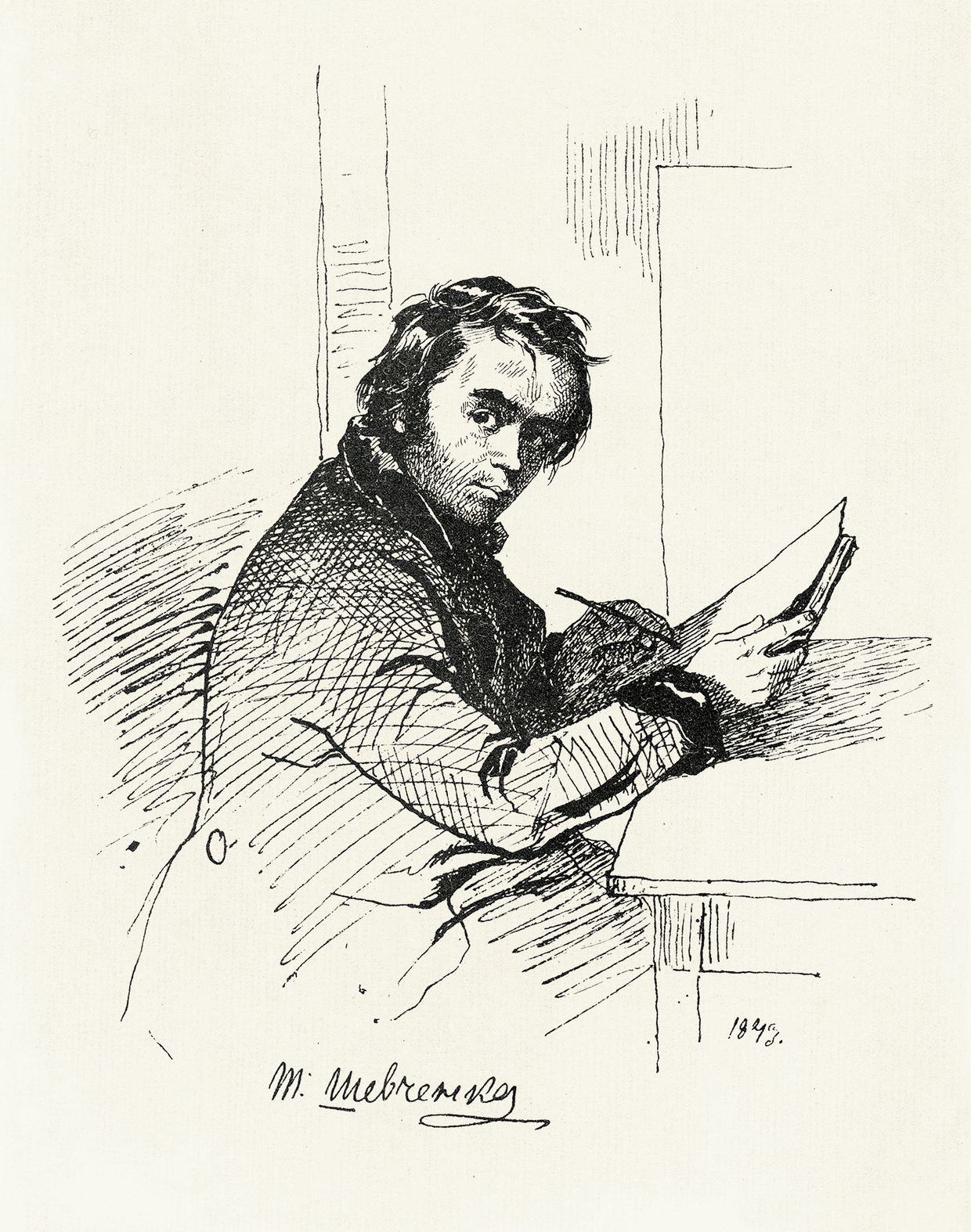
The poems reflect on the cultural and political struggles of Ukraine under Russian rule. In “To Kvitka-Osnovianenko,” Shevchenko pays tribute to the writer Hryhorii Kvitka-Osnovianenko, an early advocate of Ukrainian as a literary language, and mourns the destruction of the Zaporizhzhian Sich, the Cossacks’ last stronghold, in the 18th century. Another poem, “Kateryna,” tells the story of a young Ukrainian woman seduced and abandoned by a Russian imperial soldier, highlighting the personal toll of imperial domination.
Shevchenko was deeply influenced by ideas of national identity, language, and self-determination — views that drew the ire of the tsarist authorities. He was arrested in 1847 and exiled to military service in a remote part of Kazakhstan. According to historical accounts, Tsar Nicholas I reportedly ordered that Shevchenko be restricted from writing or painting. However, Shevchenko still managed to create art and later returned briefly to Ukraine before his death.
Looking to read Ukraine-related books? We picked the best of 2024
The year 2024 proved to be another landmark for books about Ukraine and Ukrainian literature in translation, with a continued trend in publishing in fiction, non-fiction, and poetry. Unsurprisingly, Russia’s ongoing full-scale war against Ukraine was the most common topic among these works. Whether through incisive on-the-ground reportage that

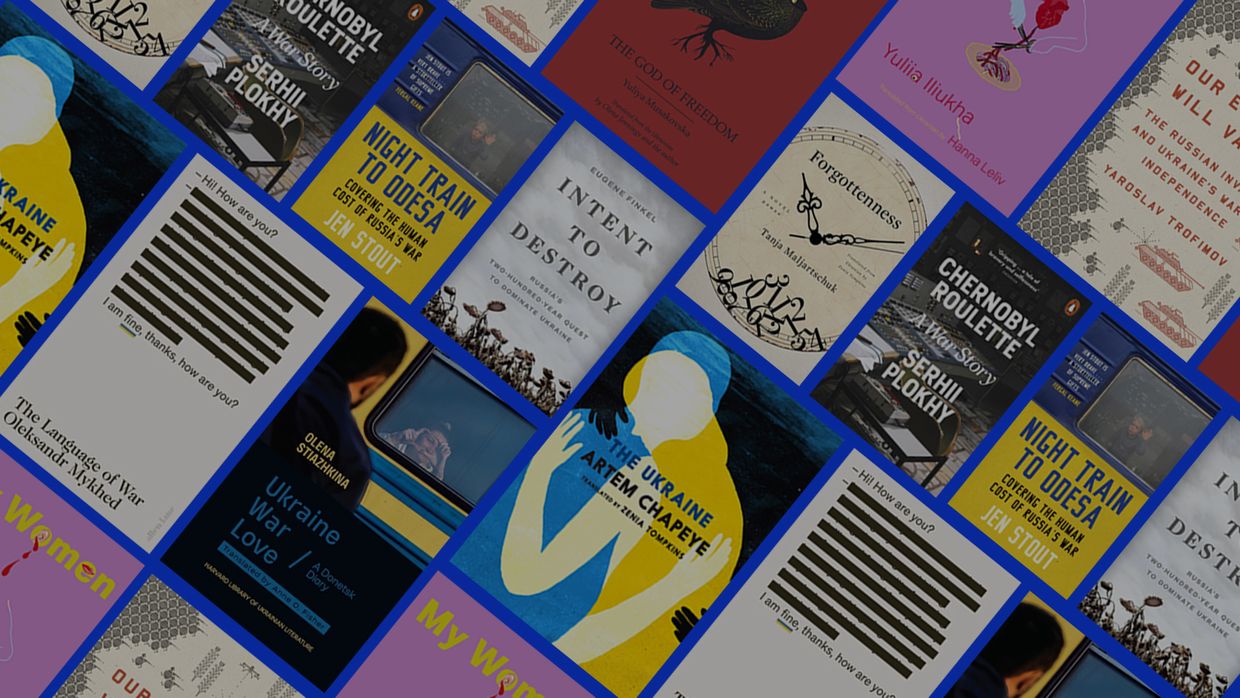
Panteleimon Kulish (1819 - 1897)
Kulish’s politics were somewhat complex, perhaps even contradictory to some. In his early years, he was affiliated with the Brotherhood of Saints Cyril and Methodius, a short-lived secret political society that existed between 1845 and 1847. The group championed the federalization of the Russian Empire, a Ukrainian language and culture revival, and the abolition of serfdom, among other initiatives.
Over time, however, Kulish's stance diverged from mainstream Ukrainian thought, particularly as he advocated for the preservation of a distinct Ukrainian culture while simultaneously supporting a political union with Russia.
This position ultimately led to his marginalization in many Ukrainian intellectual circles, both in Russian-controlled Ukraine and the parts of Ukraine under the rule of the Austro-Hungarian Empire. Despite this, Kulish continues to be respected and read by many Ukrainians today for his literary achievements.
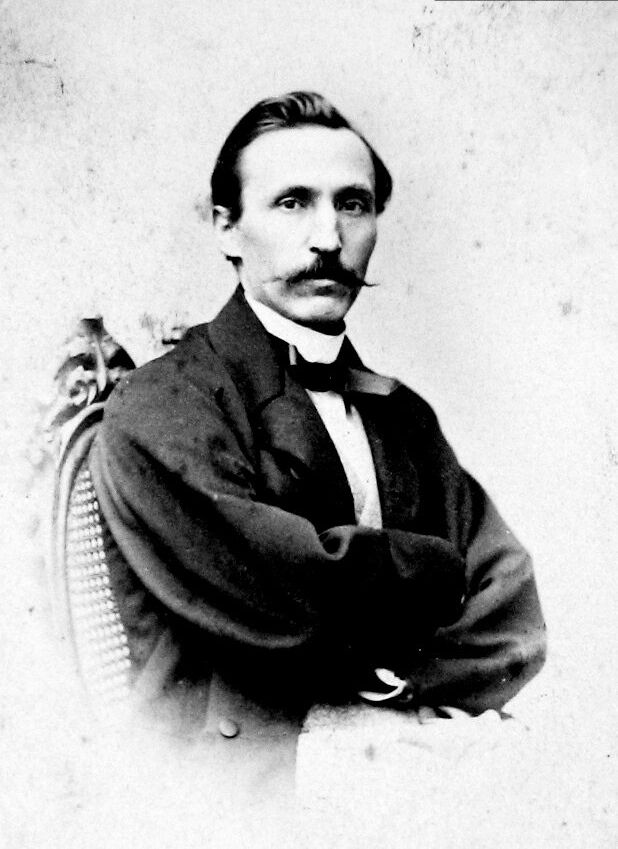
His novel “The Black Council” (1857) is considered the first historical novel in Ukrainian literature. Set against the backdrop of the Ruin — the tumultuous period following the death of Cossack Hetman Bohdan Khmelnytskyi in 1657 — it delves into the power struggles that ensued. The novel draws inspiration from the Black Council of 1663, a pivotal gathering in Nizhyn in modern-day Chernihiv Oblast, where nobles and commoners alike converged to elect a new hetman for left-bank Ukraine.
The novel not only captures the fierce internal conflicts among Cossack leaders but also explores the deep social rifts that defined one of Ukraine’s most fractured and tragic eras. Excerpts of the novel have been translated online. However, a full publication of the book in English translation has yet to materialize.
Marko Vovchock (1833 - 1907)
Among Ukraine’s most talented female writers was Marko Vovchok, whose “Folk Stories” was published in 1857, shortly after the ascension of Tsar Alexander II, initially seen as a reform-minded ruler compared to his father, Nicholas I. However, while the serfs were liberated under his rule in 1861, it could be argued that the liberal period of his rule, at least for Ukrainians, was short-lived: a decree in 1863 banned Ukrainian-language publications, followed by the stricter Ems Ukaz of 1876.
Vovchok’s collection gained even greater significance in this repressive climate. Focused on the suffering of Ukrainian peasants — especially women — under serfdom, the stories were informed by her early work assisting her husband’s ethnographic research. She gathered material directly from villagers, preserving oral traditions.
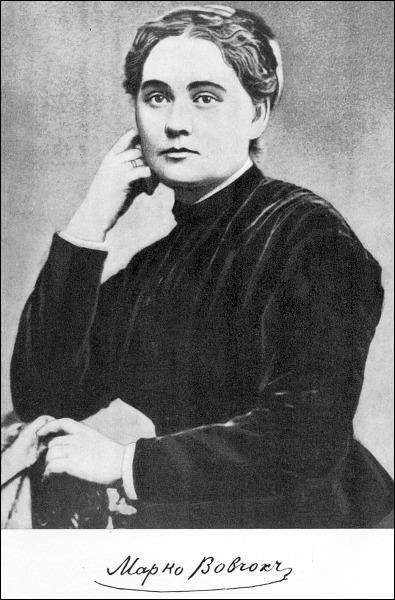
Russian writer Ivan Turgenev translated the stories into Russian, sparking additional debate in literary circles over the realities of serfdom. Shevchenko is said to have recommended her work to Turgenev, declaring her “the most powerful in our language.”
In the short story “The Cossack Girl” from the collection, Olesia, a free woman, falls in love with a serf and chooses to marry him, ultimately sacrificing her freedom. Her family warns her that marrying a serf will disgrace their village and its Cossack heritage, even suggesting that she might as well “drown herself.” Olesia insists that love is more important than social status. The marriage, however, proves disastrous, with Olesia, her husband, and their children enduring significant hardship. Under empire, happy endings are a rarity — if they exist at all.
Note from the author:
Hi, this is Kate Tsurkan, thank you for reading this article. Here at the Kyiv Independent, we don’t put stories behind a paywall, because we believe the world needs to know the truth of Russia’s war. To fund our reporting, we rely on our community of over 18,000 members from around the world, most of whom give just $5 a month. We’re aiming to reach 20,000 soon — join our community and help us reach this goal.
10 authors shaping contemporary Ukrainian literature
The Kyiv Independent put together a list of 10 celebrated Ukrainian writers, some of whose works are available in English translation.

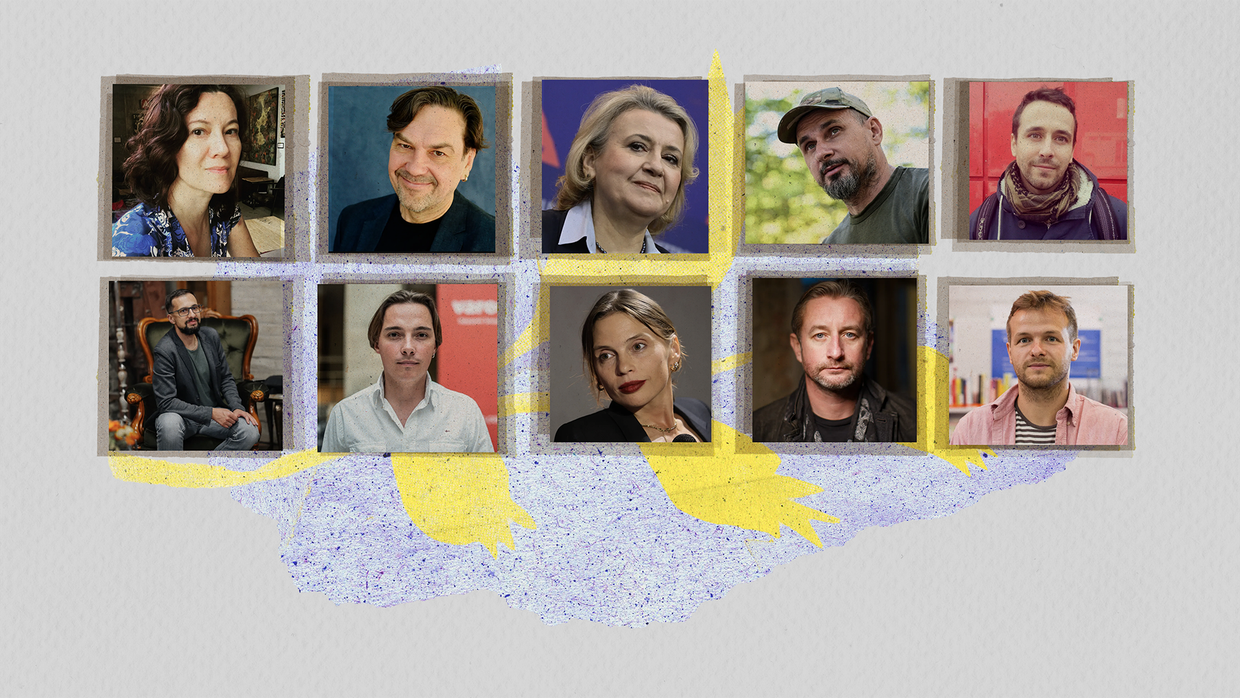
.png)
 German (DE)
German (DE)  English (US)
English (US)  Spanish (ES)
Spanish (ES)  French (FR)
French (FR)  Hindi (IN)
Hindi (IN)  Italian (IT)
Italian (IT)  Russian (RU)
Russian (RU)  15 hours ago
3
15 hours ago
3
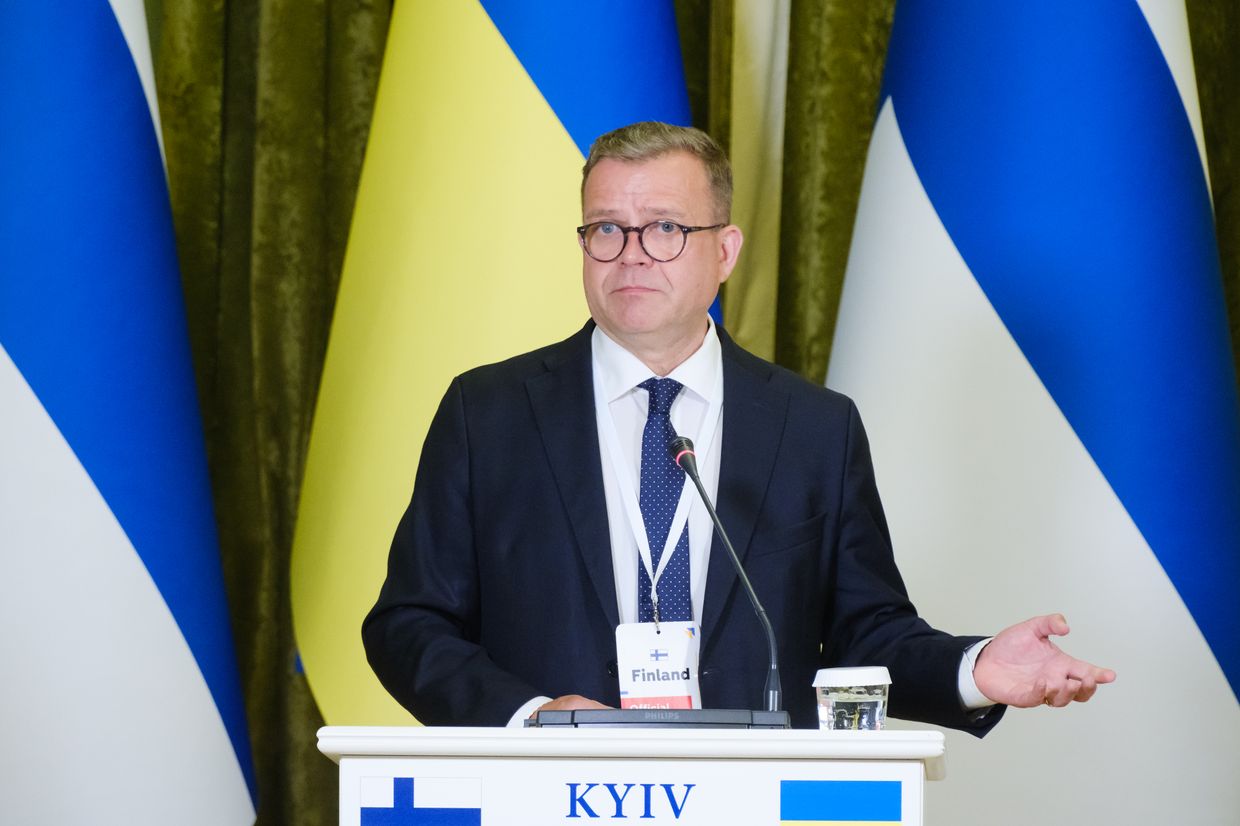
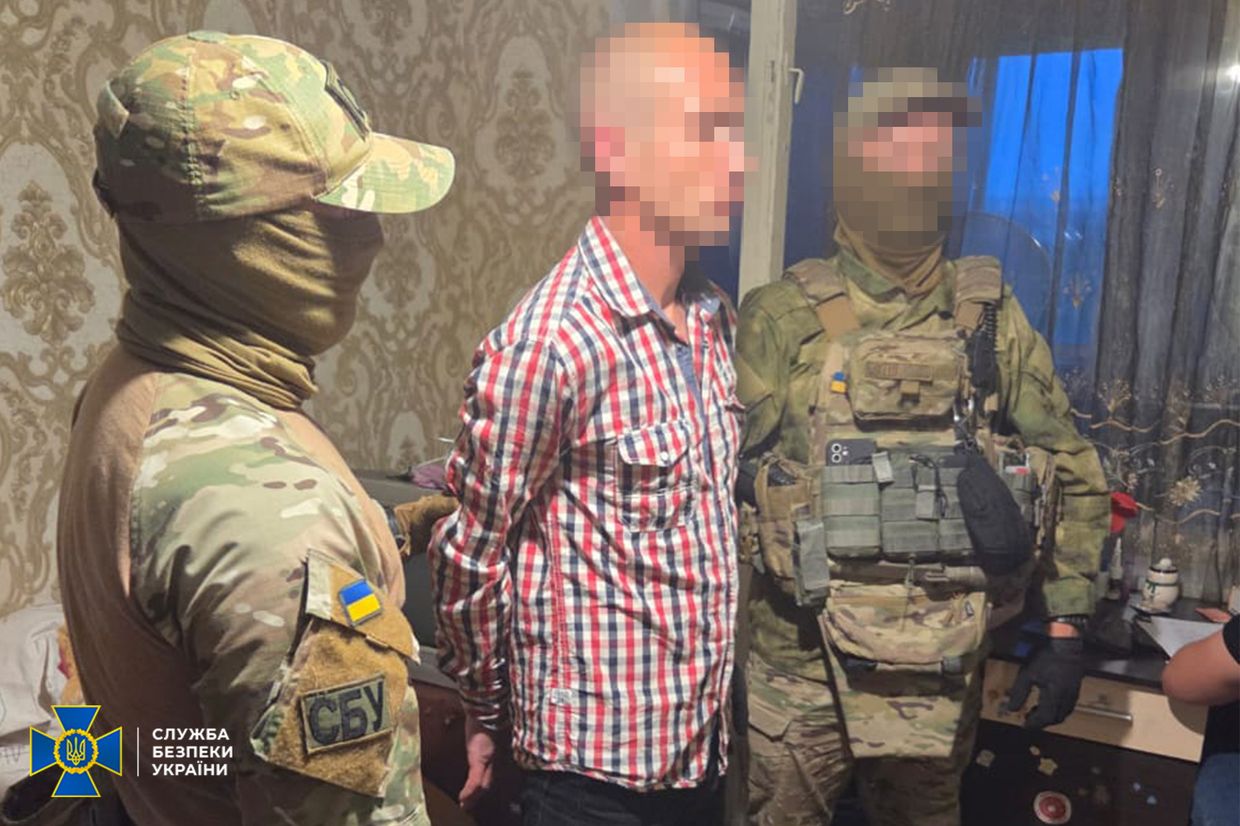
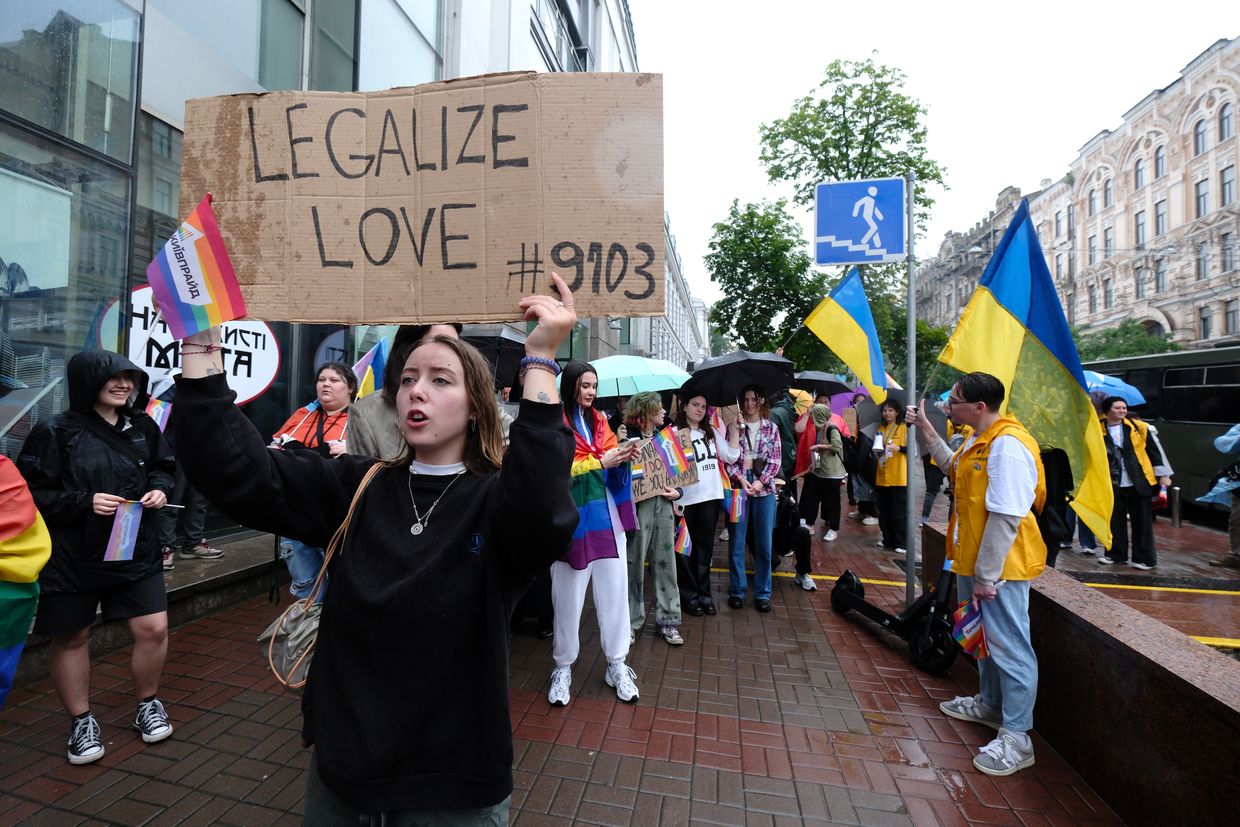
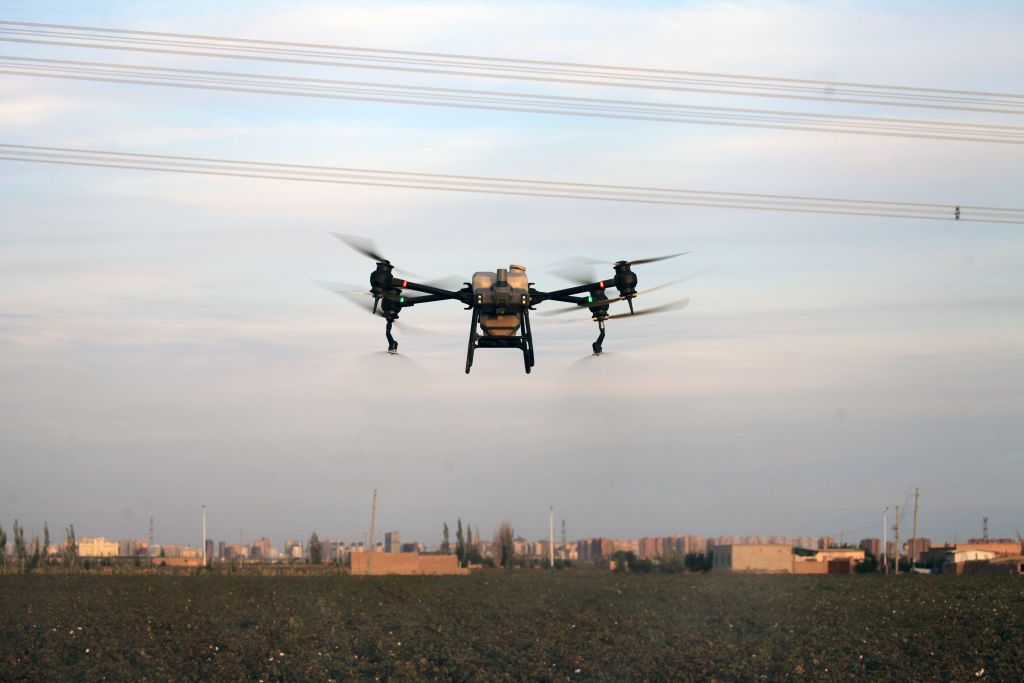


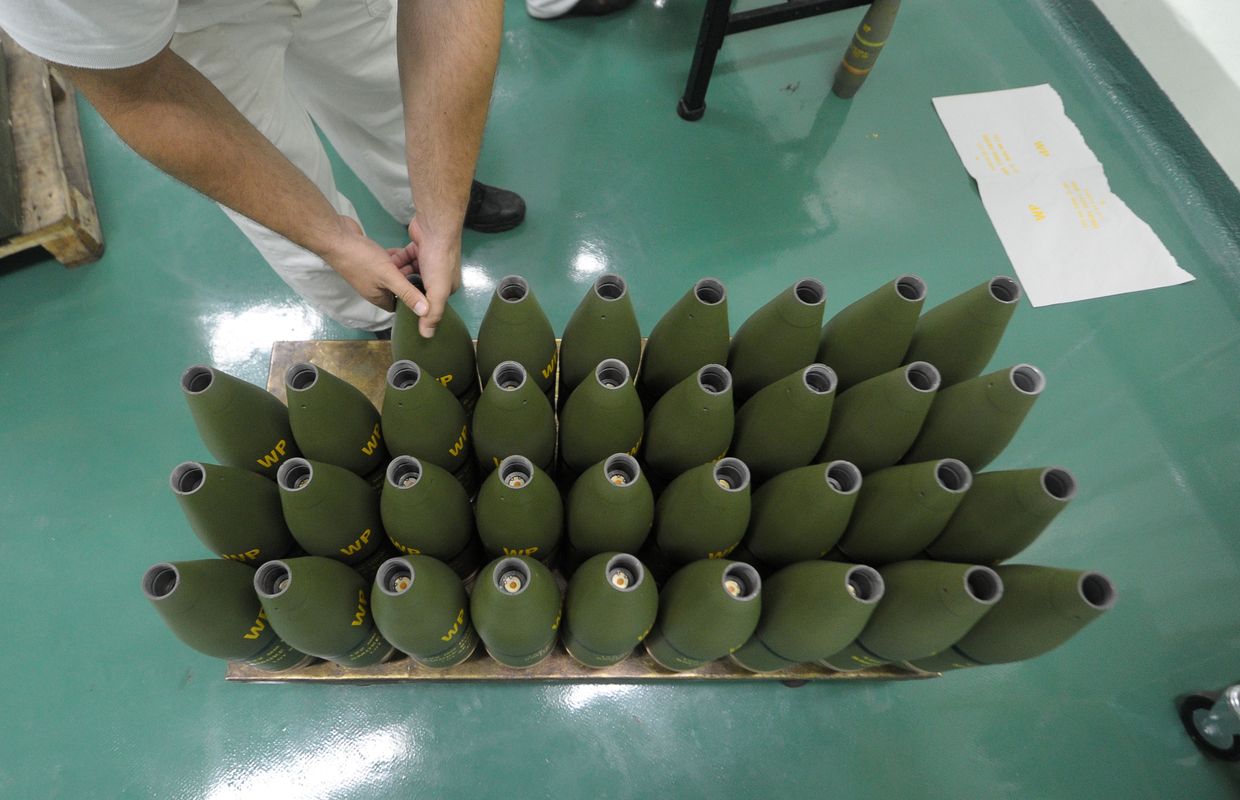
Comments